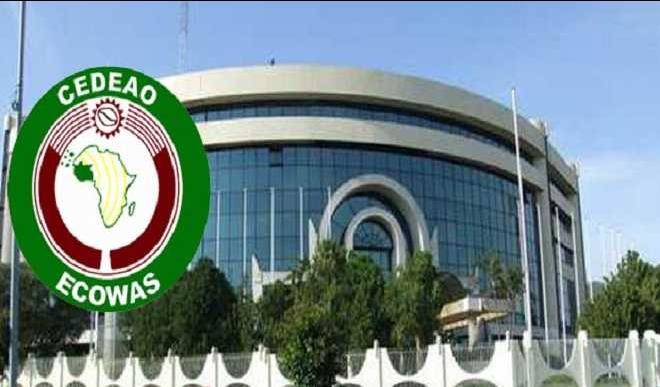ECOWAS member states tasked on increased investment in girls’ education
The United Nations International Children’s Education Fund, UNICEF, has urged ECOWAS Member States to increase investments in girls’ education and strategic child rights outlined in the the sub region’s Child Policy to facilitate regional development. Ms Marie-Pierre Poirier, UNICEF Regional Director, West and Central Africa, stated this in Abuja at ECOWAS ministerial meeting on the […]

The United Nations International Children’s Education Fund, UNICEF, has urged ECOWAS Member States to increase investments in girls’ education and strategic child rights outlined in the the sub region’s Child Policy to facilitate regional development.
Ms Marie-Pierre Poirier, UNICEF Regional Director, West and Central Africa, stated this in Abuja at ECOWAS ministerial meeting on the Child Policy and Plan of Action, and a Roadmap on Prevention and Response to Child Marriage.
The action plan seeks to chart a clear course for the sub-region in dealing with child marriage in the coming years.
The regional director, who was represented by Mr Mohamed Fall, UNICEF Nigeria Representative, urged Member States and partners to key into the ECOWAS Child Marriage and broader child protection agenda and ensure its implementation.
He said positive results were possible when governments, the African Union Commission, ECOWAS, partners, the UN and civil society work together to address child marriage and to strengthen child protection systems and child rights in general.
The International Labour Organisation (ILO) urged policy makers and other stakeholders in West Africa to effectively address multiple barriers faced by children, particularly girls, in accessing education.
“Research shows that the rate of child or forced marriage is highest among girls with little or no formal education; schools create protective environments against child marriage,” said Mr Dennis Zulu, ILO’s Director, Country Office for Nigeria, Ghana, Liberia and Sierra Leone.
He said forced labour and child marriage were development, humanitarian and security challenges that required concerted efforts to eliminate.
The ECOWAS Commission’s Commissioner for Social Affairs and Gender, Dr. Siga Fatima Jagne in her remarks, said emerging challenges in the region necessitated the need for the commission to examine, review and develop a new child policy and plan of action.
She said the reviewed policy and action plan was aimed at tackling issues relating to the vulnerabilities of children and end child marriage.
“Available data shows the prevalence of child marriage in ECOWAS to be about 42%among girls and 3%among boys”, she said.
She however reiterated the Commissions’ commitment to prioritizing, mobilizing and allocating the necessary resources to address the multi-faceted issues affecting children in West Africa.
